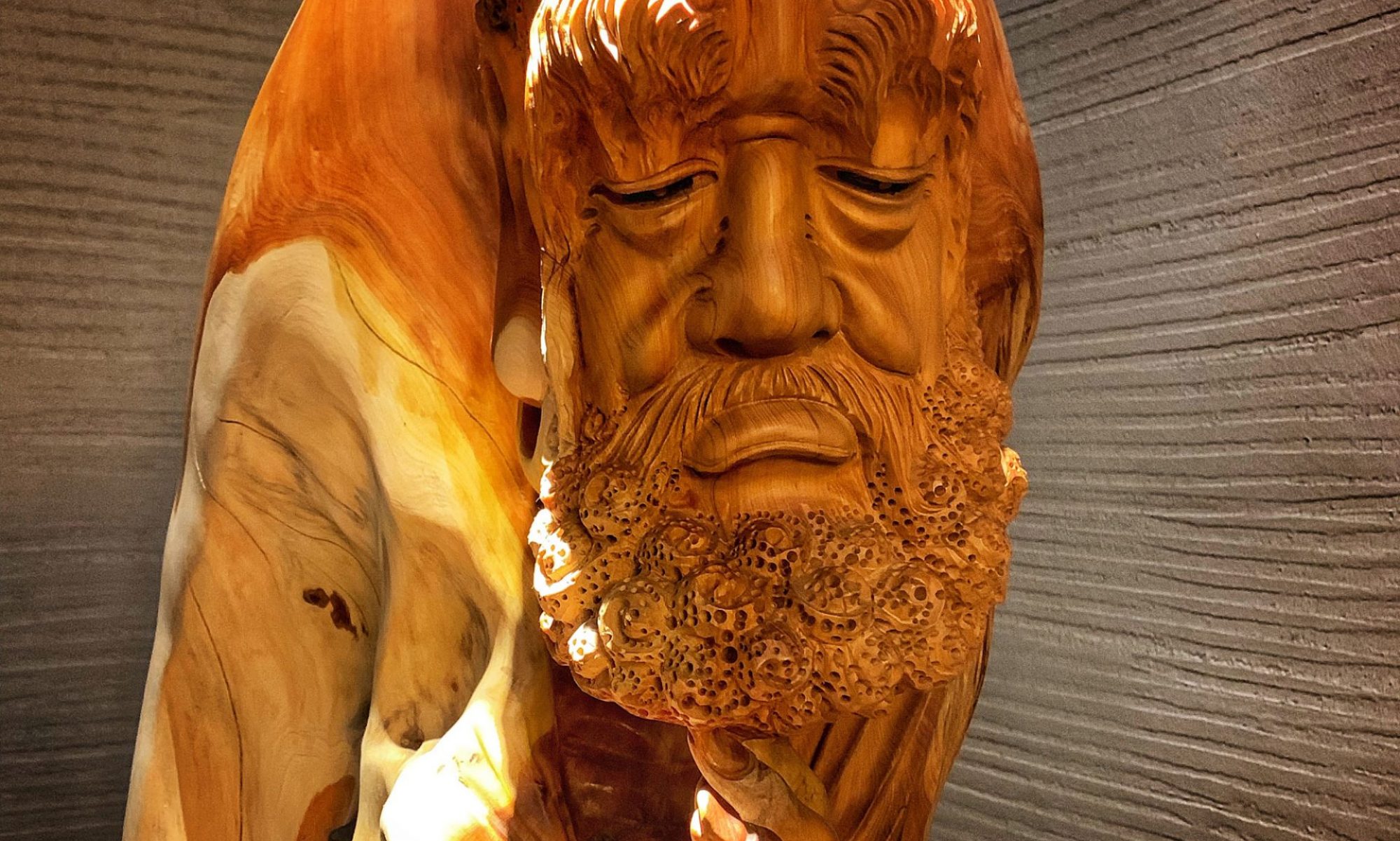We are trapped in our own world, contented with the toys within our space, not that we have a choice, but rather, what we dreamt to have more we have never gotten, except to keep having hopes and dreams that someday the toys the big players play may come into our fold. And so here we are in status quo, resigned to the fate of what is within our space, and yet never giving up our hopes that we will be out from where we are, soon, as always.
We are constantly separated from others by our own invisible wall, like the aquarium separating the fish from the world, and yet the fish knows not the existence of the glass. One day for reasons unknown to the little mind, the aquarium shatters and what was once a dream to “be out there” becomes a reality. And yet, and yet, when that moment comes into picture, two pathways are been laid onto our path – to become someone or to become a nobody. In the nobody’s land, the road has to be crossed, where danger lies on the path, with metaphor of vehicles passing at high speed, potentially robbing our lives if we are not careful. And yet nothing could be lost, as death is just a transition where the mind does not die. And it was on this road, Rango, the chameleon, meets the old wise Armadillo, rolled by the passing vehicles again, not once, but many times, just to cross over to the other side of the road, to experience what “nobody” is like.
But of course, Rango chooses the path he has always wanted, to be “someone”, and thus starts his journey into the desert where danger lies aplenty, to finally arrive at this town called Dirt where water is scarce and control is the game if he wishes to be somebody. And he has to learn to blend in with the inhabitants there if he wishes not to be noticed as an outsider intruding into their space. Isn’t that what we do when we wish to be included into a community so as to feel belonged, to be somebody?
The rest of the movie is up to you to interpret, with much spiritual messages within it; where Rango is confronted with the question of “who am I”; the rattle snake being the metaphor of the quest for awakening, the arising of kundalini; where crossing the road to “nobody” needs total surrendering; where returning from it changes the way Rango looks at life.
Seeing a movie is just like going through life – you can either enjoy the movie through its storyline without understanding its metaphor; or with wisdom, understand what lies in tandem with life – what the movie is trying to convey to each and every one of us, so to break free from the delusion of the movie itself, and yet able to live a life that is detached, free and liberating. What movie are you playing and what kind of life do you wish to live, in the midst of its unreality?
